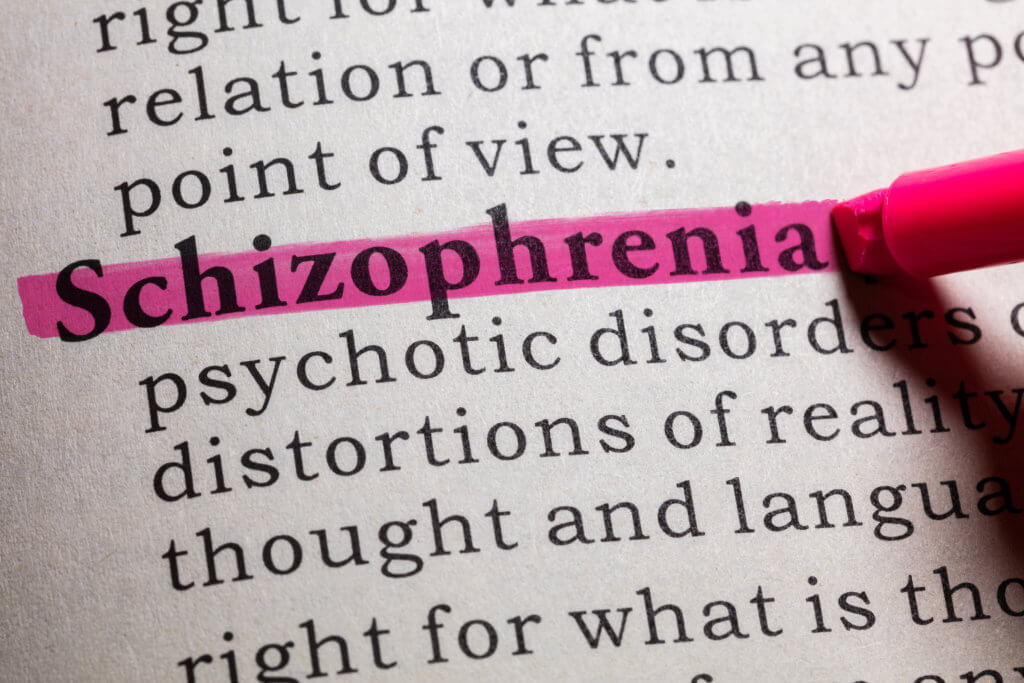Sleep deprivation can have adverse effects on an individual in a number of ways. Even one bad night’s sleep or a singular “all-nighter” can quickly alter our mood, memory, and decision-making. The brain is regularly affected by external stimuli, such as a loss of sleep, thus affecting its intricate internal processes. Studying this common occurrence gave researchers insight into how the behavior of serotonin 2A receptors reacts to sleep deprivation and what this means for treatments for individuals with schizophrenia.
The study was led by Dr. Amelia Gallitano, a professor in the Department of Basic Medical Sciences and Psychiatry at the University of Arizona College of Medicine. She found that sleep deprivation increases the levels of serotonin 2A neurotransmitter receptors in the brain in as little as six hours.
This data is significant as serotonin 2A (5-HT2A) receptors are disbursed in various parts of the brain and play an integral role in perception and cognition. The abnormal functioning of the 5-HT2A receptor is associated with certain psychiatric disorders, such as schizophrenia. The dominant type of antipsychotic drugs to treat this condition target the serotonin 2A receptor in order to reduce hallucinations and compromised cognition.
The 5-HT2A receptor proteins reside on the surface of the brain and control the internal communication network. These receptors are created when a gene, or region of DNA, is turned on and produces the mRNA to give the cell instructions on how to make the protein. The process of how many cells are made and present on the brain’s surface determines how the brain cell responds to the neurotransmitter serotonin. This also determines how the cells respond to drugs that bind to the receptors, such as antipsychotics.
Therefore, this study suggests that environmental stressors, like sleep deprivation, may change the balance in brain receptors controlled by antipsychotic drugs in those with schizophrenia. The finding builds upon the knowledge of how environmental factors impact the expression of brain receptors that mediate prefrontal cortex function.
“Our study shows it is possible for environmental stimuli to change the levels of receptors that have important roles in the brain — in a matter of hours,” Gallitano says in a statement. “Now we think we know the mechanism through which this happens; it’s through the gene EGR3.”
The prefrontal cortex in the brain is responsible for reasoning and working memory. Defective activity in the prefrontal cortex contributes to cognitive deficits like schizophrenia. Schizophrenia is a mental illness that causes dysfunction in an individual’s cognition, sleep, and memory process. This causes hallucinations and dissociated reality.
In the search for drugs to treat schizophrenia, experts are seeing an uptick in drugs that facilitate a physiological response by binding to the 5-HT2A receptors. Given that the 5-HT2A receptors mediate the hallucinogenic effects of the drugs, research suggests that the receptor may influence the hallucinations and distorted reality of schizophrenia.
“We want to understand the genes that get expressed as a result of environmental stimuli and how that gene-environment interaction influences behavioral changes that can give rise to mental illness symptoms,” Gallitano says in a statement.
The findings of this study were published in Molecular Psychiatry.
Article by Elizabeth Bartell












